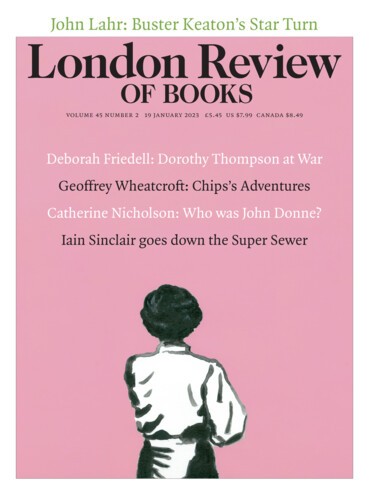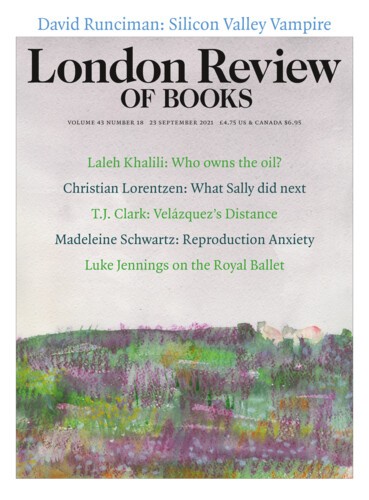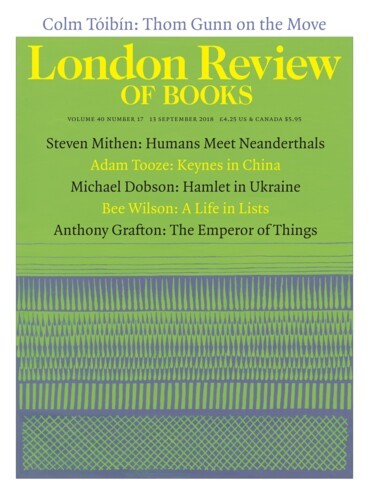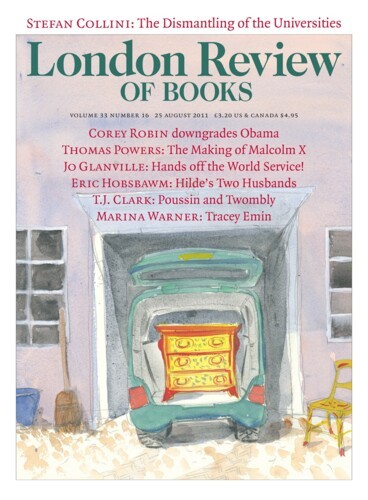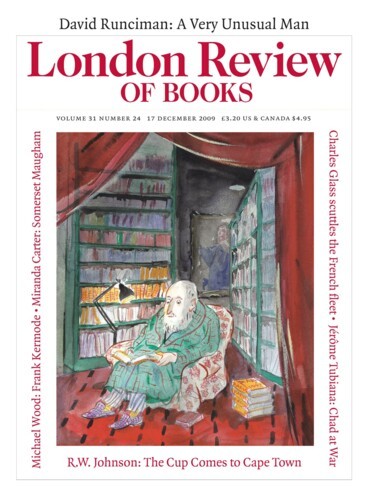Not Even a Might-Have Been: Chips’s Adventures
Geoffrey Wheatcroft, 19 January 2023
Oh my God, how rich and powerful Lord Channon has become! There is his house in Belgrave Square next door to Prince George, duke of Kent, and duchess of ditto and little Prince Edward. The house is all Regency upstairs with very carefully draped curtains and Madame Récamier sofas and wall paintings. Then the dining room is entered through an orange lobby and discloses itself...
